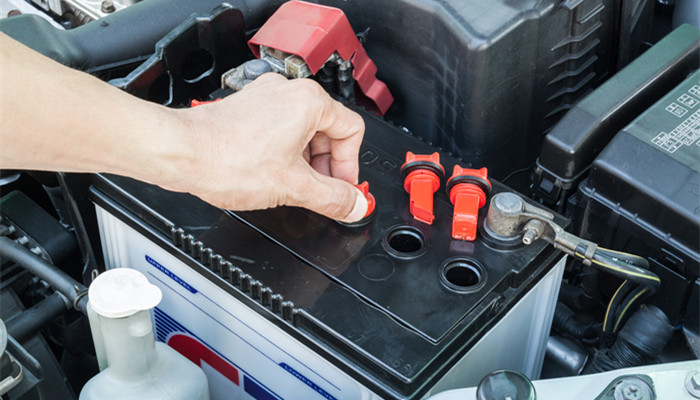Proton exchange membrane (PEM) is an ion-selective permeable membrane, which plays a role in proton migration and transmission, separation of gaseous reactants, and blocking of electrolyte in batteries. PEM can be divided into composite membranes, perfluorosulfonic acid membranes, non-fluorinated proton exchange membranes, non-perfluorinated proton exchange membranes, etc. depending on the fluorine content. Among them, perfluorosulfate membranes have high chemical stability and high mechanical strength. The advantage is that it is currently the most commercialized fuel cell electrolyte membrane.
PEM is mainly produced by melting film forming method, solution casting method, solution casting method, sol-gel method, etc. Among them, solution casting method is currently a highly commercialized production method with a wide range of applications. In terms of applications, PEM is mainly used in fuel cells. Benefiting from the support of new energy policies, my country’s fuel cell stack shipments continue to rise, from 100MV in 2018 to 760MV in 2021, an increase of 135% compared to 2020 about.
According to the released “2022-2025 Perfluoro Proton Exchange Membrane Industry In-depth Market Research and Investment Strategy Suggestions Report” shows that battery proton Exchange membranes are an important presence in fuel cells. With the growth of fuel cell stack shipments, market demand continues to rise. In 2018, my country’s hydrogen fuel cell membrane shipments were 8,000 square meters, growing to 37,000 square meters by 2020. With the continued development of the hydrogen energy industry and the improvement of PEM production technology, PEM shipments continue to rise.
In terms of production, the perfluorosulfonic acid membrane market is occupied by overseas companies. Representative companies include Chemours, Dow Chemical, 3M, Asahi Glass, Gore, etc. There are few PEM manufacturers in my country. Currently, the companies that can achieve production include Dongyue Group and Wuhan Ligong New Energy. Among them, Dongyue Group can produce high-performance perfluorosulfonic acid membranes and has now achieved mass production, becoming the largest market share in the domestic market. of enterprises.
As the core of fuel cells, there is no doubt about the importance of localization of PEM. At present, my country has achieved PEM production. Although the current product quality does not have a competitive advantage and is expensive, the future development potential is huge. With the further promotion of national policies and the large-scale development of hydrogen energy vehicles, cost reduction has become an inevitable trend after subsidies have been reduced. PEM prices still need to be continuously reduced, and there is still room for improvement in technology.
Industrial analysts said that the proton exchange membrane is the core component of the fuel cell. With the support of policies, my country’s hydrogen energy vehicles will be scaled up. With the development of proton exchange membrane, the application demand of proton exchange membrane is rising, and the industry development prospects are good. Due to technical limitations, my country’s proton exchange membrane production is low and product quality is poor. It has no market competitive advantage and the market is occupied by foreign companies. At present, although domestic enterprises have realized the production of proton exchange membranes, the products suffer from the defects of high price and poor quality. In the future, in the context of cost reduction of hydrogen energy vehicles, the proton exchange membrane industry still has room for improvement.


 微信扫一扫打赏
微信扫一扫打赏

